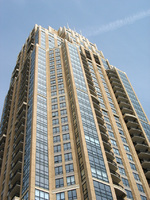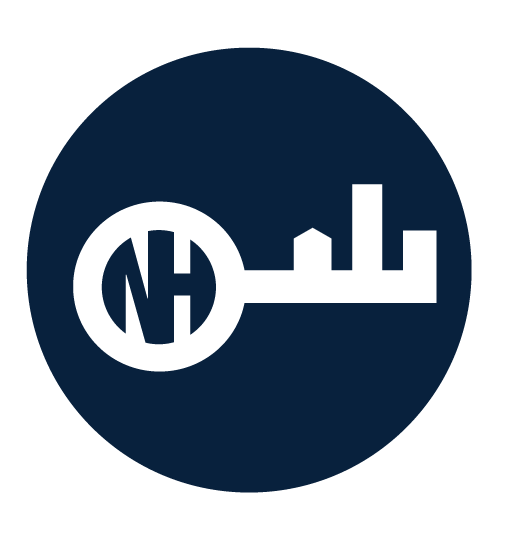Understanding Special Assessments in Community Association Legal Terminology
What is a Special Assessment?
In community association legal terminology, a “special assessment” is an assessment imposed against all owners in addition to the regular annual association assessments.
Reasons for Levying Special Assessments
There are a variety of reasons that a Board of Directors may want to levy a special assessment, but most commonly special assessments are used to pay for unexpected common area repair costs or to fund expected repairs that exceed available reserves.
Approval Process for Special Assessments
Because a special assessment is an additional expense over and above what owners already pay through their regular assessments, most community association governing documents require that the Board obtain approval of at least a majority of owners prior to levying a special assessment over a certain amount per year.
Limitation on Special Assessments in Georgia
In fact, for condominium associations with governing documents recorded after July 1, 1990, the current Georgia Condominium Act (the “Act”) requires that any special assessment greater than $200.00 per unit be approved by the majority of the unit owners.
Challenges with the $200 Limitation
Increased Costs and Owner Apathy
While this $200 per unit limitation may have seemed reasonable when it was adopted in 1990, twenty-five years later, costs have increased such that the practical application of this limitation is that a condominium association will need to obtain a majority vote of its owners whenever it needs to pass a special assessment. This is true regardless of whether the condominium association has monthly assessments of $50 or $1,500.00. Given typical owner apathy involved in any vote, this limitation can hamstring a condominium association from getting necessary work done to the common elements.
New Law to Address the Limitation
That’s why it’s such great news for condominium associations that effective July 1, 2015, the current $200 limitation in the Georgia Condominium Act will be changed so that a condominium association Board can levy a special assessment in an amount equal to one-sixth (1/6th) of the annual regular assessment applicable to the units without obtaining an owner vote. This means that if a condominium association is proposing a special assessment in an amount that is more than two months’ worth of the annual regular assessments for any unit, it will have to get owner approval, but if lower, it will not.
Limitations of the New Law
Note that this new law will only apply to condominium instruments recorded after July 1, 2015 and those condominium associations whose governing documents incorporate the special assessment limitations of the Act. Other condominium associations whose governing documents provide for a more restrictive limit than the Act and/or were recorded prior to July 1, 2015 may still be bound by the $200.00 limitation or whatever more restrictive limitation is provided in that association’s governing documents.
Consulting an Attorney before Levying Special Assessments
Importance of Consulting an Attorney
In order to take advantage of the new statute, these associations would need to amend their governing documents to incorporate the provisions of the Act. For that reason and because the proper levying of a special assessment can be very complicated, even when only Board approval is required, you should always consult with your association attorney before levying a special assessment to ensure that you follow all required procedures in obtaining approval of the special assessment.
The Role of the Georgia Community Association Institute’s Legislative Action Committee
I would be remiss in not noting here that this helpful new law was the brainchild of the Georgia Community Association Institute’s (“CAI”) Legislative Action Committee (“LAC”). To learn more about the CAI’s Legislative Action Committee and its work advocating for legislation to benefit community associations, please visit: http://cai-georgia.org/page/1086/Advocacy.html


